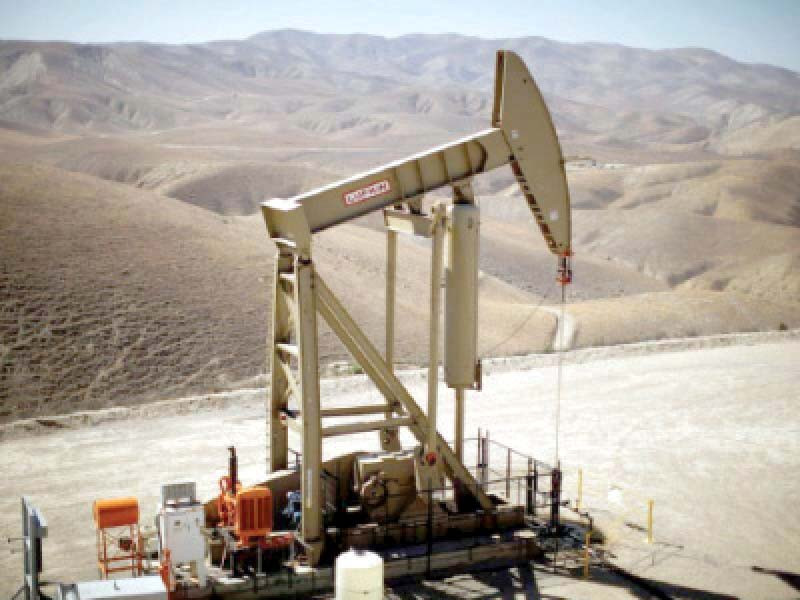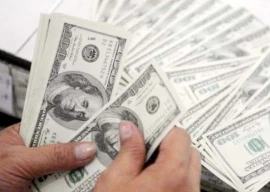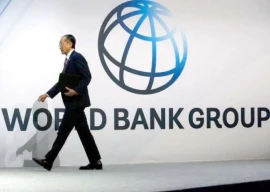
The Petroleum Division has asked the Oil and Gas Regulatory Authority (Ogra) to calculate price differential claims (PDC) of oil marketing companies and refineries in the light of prime minister’s decision to provide price differential and subsidy of Rs2.28 per litre on high-speed diesel till March 15, 2022.
The move came as the Oil Companies Advisory Council (OCAC) demanded the scrapping of PDC mechanism.
In a letter to the Petroleum Division, the OCAC said, “In order to avoid imminent shortage of petroleum products, we request that the PDC element should be removed by revising petroleum product prices immediately or alternatively a subsidy mechanism be founded.” According to sources, OCAC representatives also held a meeting with Ogra chairman and Petroleum Division secretary, who gave assurances that the matter would be taken up with Finance Minister Shaukat Tarin for amicable resolution.
In the letter, the OCAC – comprising refineries and oil marketing companies – claimed that the current PDC on high-speed diesel would create receivables of approximately Rs1 billion in the first fortnight of March 2022.
“This will add to previous receivables of Rs2.6 billion pertaining to November 1-4, 2021 and Rs10 billion pertaining to 2004-08, thereby further aggravating the financial challenges being faced by the industry,” the letter added.
OCAC pointed out that the decision to maintain oil prices at current levels till July 2022 would lead to further build-up of PDC on diesel and petrol as international crude prices were rising sharply due to the current geopolitical situation.
“If local consumer prices are not aligned with the international market and the PDC regime continues, the industry will not be able to sustain and this will lead to a severe supply chain disruption during the upcoming harvesting season, resulting in petroleum product shortage similar to what was faced in June 2020,” it said.
“Furthermore, it will have serious adverse impact on business continuity for a number of companies in the industry.” The letter pointed out that the industry was already facing financing issues, caused by increasing international prices, devaluation of the rupee, high import premiums and circular debt of about Rs1.3 trillion.
In order to ensure uninterrupted supplies and manage working capital requirements, the industry has already requested the State Bank of Pakistan to support the enhancement of credit/ financing limits.
Published in The Express Tribune, March 3rd, 2022.
Like Business on Facebook, follow @TribuneBiz on Twitter to stay informed and join in the conversation.


1731916090-0/sabrina-(3)1731916090-0-165x106.webp)


1732020599-0/BeFunky-collage-(73)1732020599-0-165x106.webp)












COMMENTS
Comments are moderated and generally will be posted if they are on-topic and not abusive.
For more information, please see our Comments FAQ